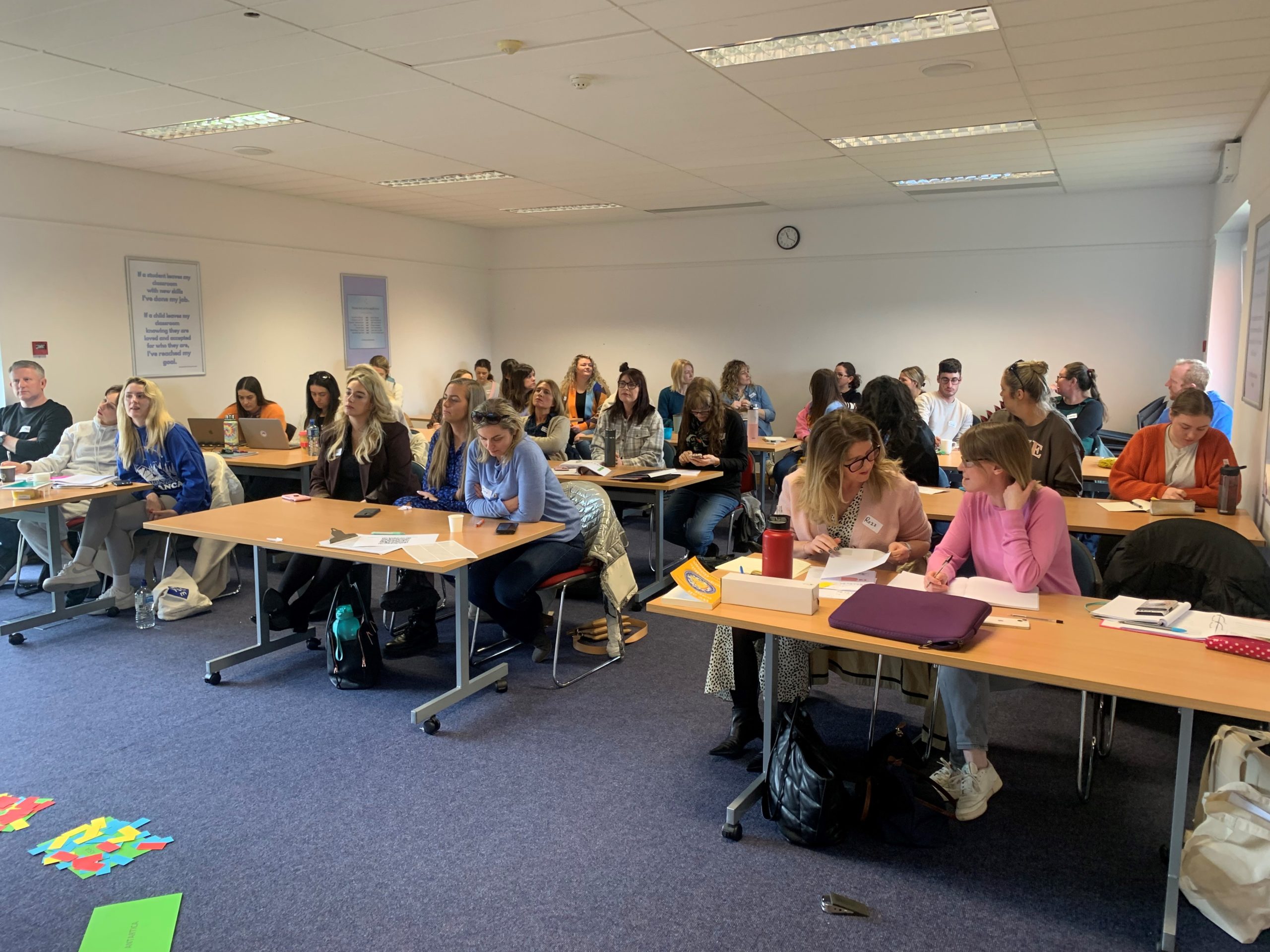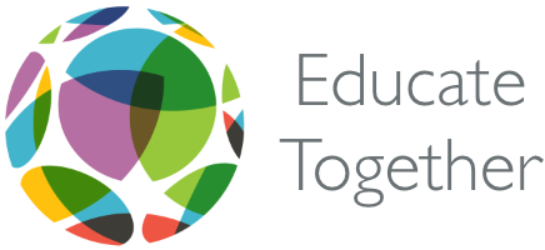 Aoife O’Sullivan, Greystones Educate Together National School
Aoife O’Sullivan, Greystones Educate Together National School
In-person courses are back and over the months of February and March, Global Citizenship Education training took place in education centers across Ireland. These training days were funded by Irish Aid. Rozz Lewis (Portlaoise Educate Together) and I co-facilitated delivering the course in Dublin West Education Centre. The training introduced global citizenship themes which are reflected in the new Learn Together curriculum. The day was split into five parts (six, if you include lunch!) Our Education Officer, Vera, began the day by introducing the strands in the new Learn Together curriculum, followed by myself and Rozz exploring the themes of Listening and Learning from Nature, Core Concepts of Global Citizens Education, Refuge and Migration, and Human Rights. Many of the resources we discussed were developed by Galway One World Centre, and the “Beyond Borders” education pack is worth a mention here. Aimed towards secondary schools, it has some very adaptable lesson ideas for exploring themes of Global Citizenship Education with any class.
The first workshop ‘Listening and Learning from Nature’ focused on our connection to nature, and offered opportunities to reflect on this connection to our well-being and everyday lives. Many of the activities looked at examples of self-regulation and grounding through nature. For me, the reflection on ethnocentrism and biocentrism at a local and global level really stood out, and the importance of promoting the concept of biocentrism with our classes. It was particularly interesting to examine countries which have given nature specific rights in their constitution, and how this practice could be implemented at school level.
The second workshop ‘Core Concepts in Global Citizenship Education’ aimed to build critical thinking skills while examining concepts of interdependence, equality and inequality, root causes of poverty and solidarity actions. One of the most valuable lesson ideas which came from this workshop was one adapted from the Beyond Borders education resource. “If the World Was 30 People”, which sought to challenge misconceptions about the distribution of people, wealth and refugees around our world. A very thought-provoking exercise- well worth checking out and trying with your class.
Rozz brought up the energy levels for the third workshop, which looked at ‘Refuge and Migration’ with a promise of cream egg prizes for workshop attendees. The workshop itself examined themes of refuge, migration and human rights, and linked current realities in the world with experiences of displacement in the past. The workshop encouraged all to engage in a more philosophical discussion to identify values which can inform ethical decisions. A standout resource for me was the poem ‘Refugees’ by Brian Bilston.
The final workshop centered around learning about, from and through human rights and the implications at a local and global level. The activities for this workshop encouraged reflection on concepts of quality and fairness. One activity which I really enjoyed was ‘Human Rights Island’ as it facilitated group work with all participants. In groups, we created an island and had to decide 10 rights which we felt were most important to protect on each island. Having since tried the activity with my class, it is interesting to see the difference between some of the rights which I would want protected, and the rights which the children would want protected. A very adaptable lesson for all classes.
Facilitating the course was a privilege, and it was wonderful to meet other teachers and hear about practices in different schools. Sincere thank you to Irish Aid for supporting these training sessions.
